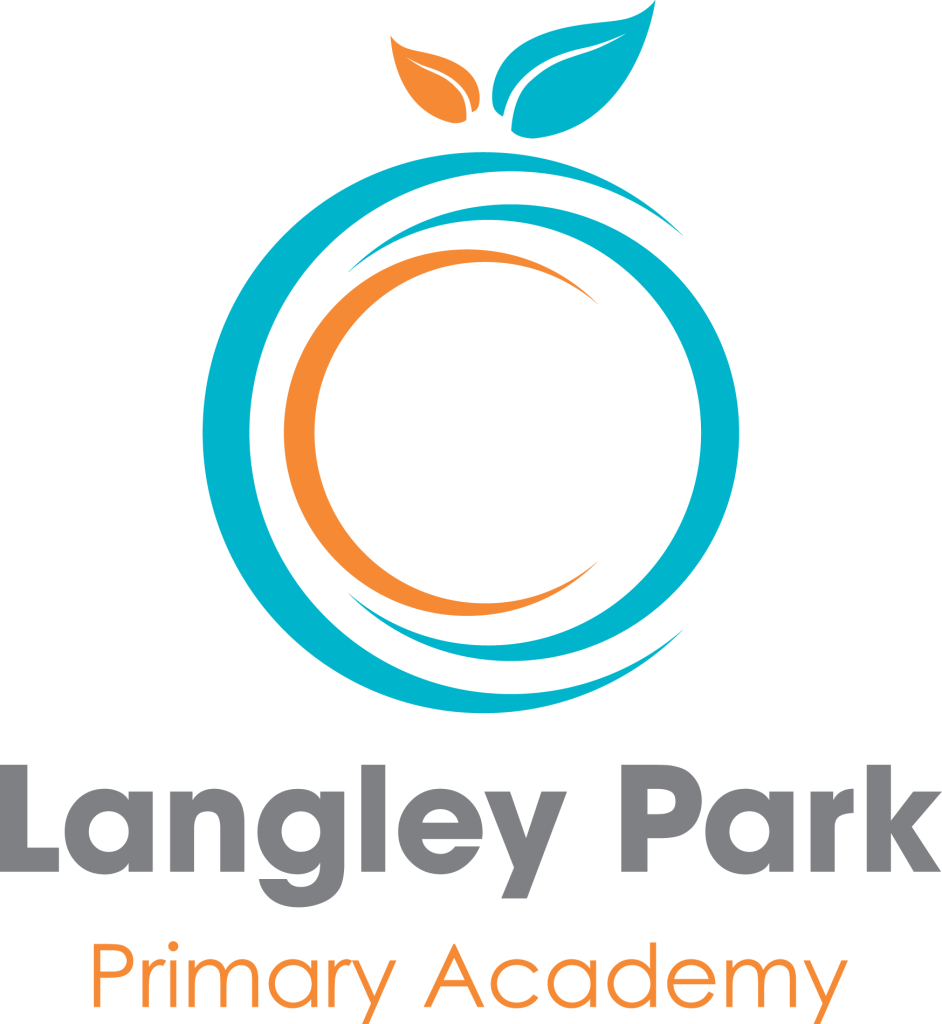Reading
We aim to help, support and develop children into readers for life who are motivated to read and have the necessary skills to access and comprehend a wide range of literature. The emphasis will always be first learning to read and then reading to learn and that every child becomes a fluent, enthusiastic reader who has a foundation for understanding the world and a positive attitude to learning.
“The more that you read, the more things you will know. The more that you learn, The more places you will go.”
– Dr Seuss
Through their time at LPPA children will develop their skills, knowledge and love of reading.
Children are motivated to read when their classroom environment provides access to a wide range of books, both fiction and non-fiction. We foster this love of reading in the following ways:
- Encourage children to select their own books that are suitable for their reading level but match their interests
- A rich reading curriculum linked to the IB PYP that gives children exposure to a range of texts and genres that reflects the diversity and cultures of the children within the school as well as allow them to develop as individuals under the learner profile attributes.
- Full resource and updated library with books that represent our diverse community
- In KS1 shared reading assemblies
By the end of KS2 we aim for a community of reading children who are confident readers; have developed their knowledge of the world through the books/texts they have read and have the necessary skills to help them succeed in KS3 and for the rest of their lives. At all levels, children will be interacting with books during daily story time, whole class reading and wider reading across the curriculum.
In EYFS and KS1 children have access to ‘real’ books to develop their love of reading, decodable texts which supports their phonetic development and reading fluency books. Books are organised in book bands from Turquoise (7) to Pearl (18). In KS2 children have access to Book Band books to continue to support their fluency as well as ‘real’ books. Children who require further support with phonics receive this following the Phonics International scheme.
Starting in Year R and continuing KS1the children take 2 books home a week and these can be swapped twice a week. One book is at the appropriate unit for phonics or a fluency read from the appropriate book band. All classes have their own class libraries to encourage free choice reading throughout the school day.
Children will be heard to read as often as possible by an adult in the class.
Phonics
At LPPA we follow Phonics International (a DfE validated programme), a systematic synthetic phonics programme. ‘Phonics International (PI) is a highly-organised, systematic and yet flexible online synthetic phonics programme (program)‘. Phonics is taught daily in KS1 for at least 30 minutes in a disciplinary way however these skills are woven into the International Baccalaureate Primary Years Programme to allow children to apply this developing skill into every curriculum area.
Children through daily practice and repetition are encouraged to segment, then blend for reading the whole words and then blend to segment for spelling using the same code sound. Children who find phonics more challenging will have small group phonics teaching using the Phonics International resources.
All children sit a Phonics Screening Check at the end of Year 1 (in special circumstances, some children may be exempt). This is a nationally produced check with an ‘expected’ threshold. Children who do not reach the threshold in Year 1 receive extra support in Year 2 and will be given the opportunity to resit the screening check at the end of Year 2.
Further guidance following our parent workshop can be found here.


